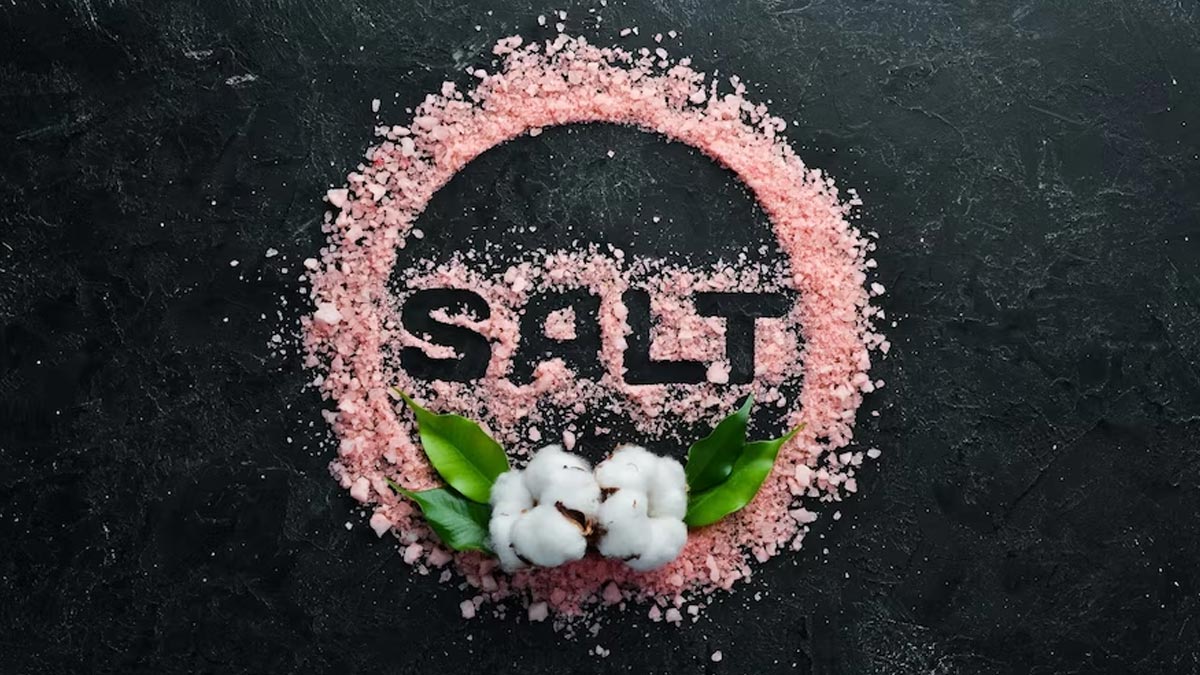
After the tragic demise of film star Sridevi, her husband, Boney Kapoor, has finally opened up about her death. In an interview, Producer Kapoor highlighted how Sridevi consistently maintained a strict no-salt diet to ensure she looked attractive when appearing on screen. She often had blackouts and had low blood pressure. He said that it was an accidental death and not a natural death.
Table of Content:-
Kapoor added that Sridevi was experiencing low blood pressure and would often starve herself, in spite of being told by her physician not to follow a strict diet. He added that Sridevi's weight had once dropped to around 46-47 kilograms, providing instances from her films such as 'English Vinglish' as examples. He even mentioned an instance where actor Nagarjuna informed him that she suffered a fall on the sets of his film and even lost a tooth.
View this post on Instagram
According to the reports, Sridevi passed away in 2018 by drowning in the bathtub of a Dubai hotel. She was in Dubai with her family to participate in a wedding.
Health Hazards Of No-Salt Diet

Salt, or sodium chloride, is an essential nutrient that plays a crucial role in various body functions. The American Heart Association advises the general public to limit their daily sodium intake to less than 2,300 mg, while individuals at high risk, such as those with hypertension, African Americans, and those who are middle-aged or older, should aim for a daily sodium intake of less than 1,500 mg.
While a low-salt diet may be recommended for certain individuals with specific medical conditions or risk factors, it's important to understand that reducing salt intake too drastically can also have health hazards for some people.

Low Blood Pressure
Reducing salt intake can cause blood pressure to drop, especially in individuals who are salt-sensitive. Low blood pressure can lead to symptoms such as dizziness, lightheadedness, and fainting. In extreme cases, it may compromise blood flow to vital organs.
According to a multicenter study by JAMA, it was found that consuming less than 3,000 mg of sodium daily is associated with a higher likelihood of experiencing fatal heart disease events, such as heart attacks and strokes.
Also Read: Low Blood Volume Could Cause Low Blood Pressure: Immediate Steps To Take
Electrolyte Imbalance
Sodium, along with potassium and chloride, is one of the body's primary electrolytes. These electrolytes help regulate fluid balance, nerve function, and muscle contractions. A severe reduction in sodium intake can disrupt this balance, leading to electrolyte imbalances, which can result in muscle cramps, weakness, and even heart rhythm abnormalities.
Increased Risk of Hyponatremia
Hyponatremia is a condition characterised by abnormally low levels of sodium in the blood. A very low-salt diet can increase the risk of developing hyponatremia, which can cause symptoms like nausea, headache, confusion, and in severe cases, seizures and coma.

Increased Risk of Cardiovascular Events
While high salt intake is associated with an increased risk of high blood pressure, some research suggests that extremely low salt intake may also be linked to an increased risk of cardiovascular events, particularly in individuals with certain health conditions. As per a review-based study by the American Journal of Hypertension, it was found that restricting sodium intake for individuals with heart failure raised the risk of mortality.
Also Read: What Happens To The body When You Cut Out Salt Completely
Negative Impact on Bone Health
Sodium is involved in calcium metabolism, and very low salt intake may lead to increased calcium excretion in the urine. Over time, this could potentially have a negative impact on bone health, increasing the risk of osteoporosis.
Hormonal Changes
Low salt intake can stimulate the renin-angiotensin-aldosterone system, which can lead to hormonal changes that affect fluid balance and blood pressure regulation. These changes can have unintended health consequences.
[Disclaimer: This article contains information for informational purposes only. Hence, we advise you to consult your expert for a dietary plan tailored to your needs and body type.]
How we keep this article up to date:
We work with experts and keep a close eye on the latest in health and wellness. Whenever there is a new research or helpful information, we update our articles with accurate and useful advice.
Current Version